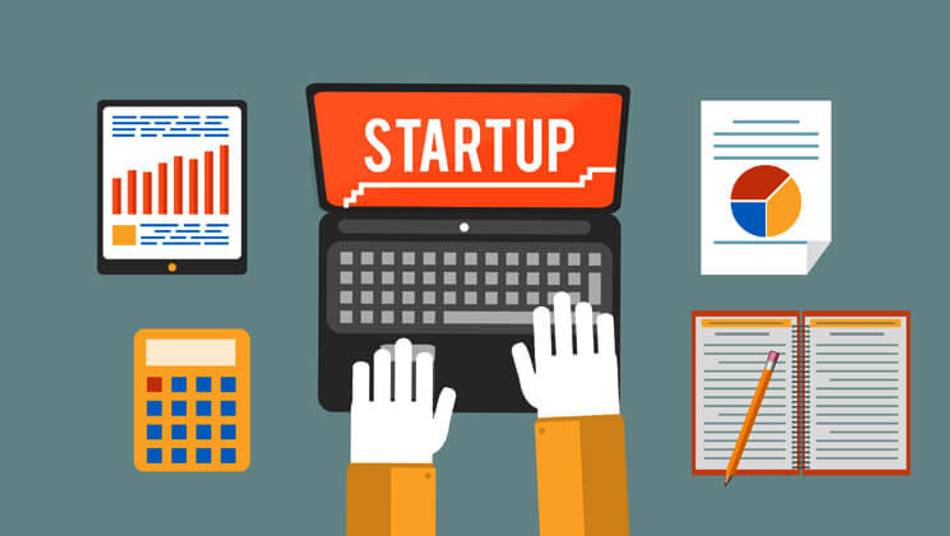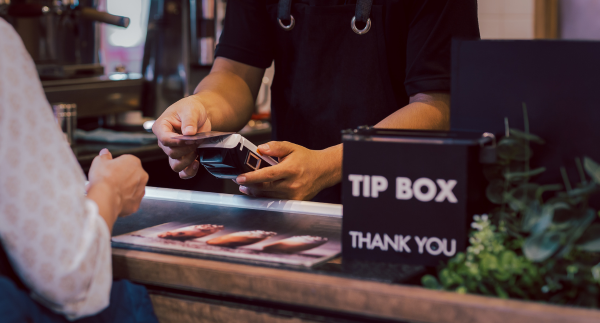Before you launch, do the maths and work out exactly what cash you’ll need upfront.
One of the main causes of failures in new business ventures is poor budgeting. Great ideas are routinely swallowed up by unexpected costs, and with just a little more planning, catastrophes can be easily avoided well in advance. This guide gives you the full lowdown on costs that can’t be avoided – helping you to achieve a smooth take-off.
Advice
Getting advice from a financial advisor, accountant or solicitor might not seem like an essential business expense, but it will save you money in the long-term – and better still, it’s often free.
Accountants make a living out of spotting risks and hazards, but typically will offer a free initial discussion to secure your business in the future. Free money-saving advice is valuable, so take advantage of your circumstances.
Premises
Premises, if you need them, are normally the biggest cost to a new business.
Most businesses lease or rent their space from a commercial landlord. In most cases – especially if it’s a retail space – you’ll be billed quarterly. That means your first bill will be high, and this catches many new businesses off-guard.
If you only need an office space, there’s a little more choice and flexibility. You could, for example, choose to work in a shared office space – which is often a very affordable way of starting out.
And if you’re working from home, don’t assume that there are no extra costs. You still might need insurance, office furniture and IT equipment, and your utility bills will definitely go up.
Stock, equipment and tools
Most retail businesses require stock upfront; those businesses that don’t will at least need tools and equipment.
If you’re a retailer, your supplier should offer you at least 30 days’ credit. Take advantage of this, and try to negotiate more.
As for equipment and tools, the most common hiccup is underestimating the cost. So when you’re doing your financial planning, try to over-compensate.
Transport
There are transport costs for every business, but they differ enormously.
At one end of the spectrum, your transport costs might simply be getting a bus to and from your office. At the other end, you may have a fleet of vans to purchase, tax and insure.
Above all, you’ll need to compromise. Small businesses have to start small, so consider buying second-hand vehicles and shop around for the very best insurance deals.
Legal
Unless you’re setting up as a sole trader, you’ll need to register your business through Companies House. It’s possible to do this yourself, but you’ll probably need an intermediary.
Depending on your business, this will cost anywhere between one and several hundred pounds.
Insurance
While it’s possible to set up a business without buying insurance, it’s normally essential.
The cost really depends on the type of insurance you need. You should probably insure your premises as well as the contents within it, and you’ll need some sort of liability insurance if you employ anyone or serve the public.
Once again, the key is shopping around. The insurance marketplace is very competitive so you’ll be able to find an excellent deal.
Utilities
Almost all businesses need gas, electricity, phone and internet.
Typically, energy bills are a business’ second-biggest expense. And yet most small businesses don’t shop around for a deal outside the ‘big six’ suppliers. Do your homework, and you’ll save hundreds of pounds a year straight off the bat.
Similarly, the major suppliers of phone and broadband tend not to offer preferential deals for small businesses, so it pays to research the market.
On your travels, you’ll probably come across our deals – we tend to offer the cheapest utility packages for small businesses.
Employment
Employment costs go far beyond salaries.
Recruiting people can be expensive, depending on your method. Then you’ll need to factor in tax, National Insurance and any statutory benefits. They may need uniform or equipment, and you might need to insure them.
So, do your maths long before you start posting adverts on job boards.
Marketing
You’ll almost certainly need a website.
Websites can be built for free, but for most businesses they require considerable investment – especially if you’re taking orders through your site. You’ll probably need to pay a monthly or annual fee to host your site, and design costs can vary wildly.
Once again, it’s worth compromising where possible. Many retailers, for example, base their online presence exclusively on social networks to begin with.
Then there’s advertising, either online or offline. Will you need brochures, leaflets, flyers and posters? Will you need to pay for press advertising? Will you instead focus on pay-per-click advertising to boost your Google ranking?
Judging what return you’ll get from investment in advertising is difficult for any business, but especially a new one. So start cautiously, and be creative about your marketing – some of the world’s most successful businesses started out with no advertising budget whatsoever.
You
A lot of entrepreneurs take a significant pay cut when they take the plunge and start their own business. But you need to work out precisely how much money you need to get by.
Personal savings rarely survive the process of setting up a business, so try to ensure that your business plan accounts for your own wage – even if it’s relatively low.
Release the pressure with XLN
We can take some of the pressure of starting a business away by guaranteeing the cheapest deals on the essentials: broadband, phone, gas, electricity and card processing. Check our latest offers to keep your costs low.




